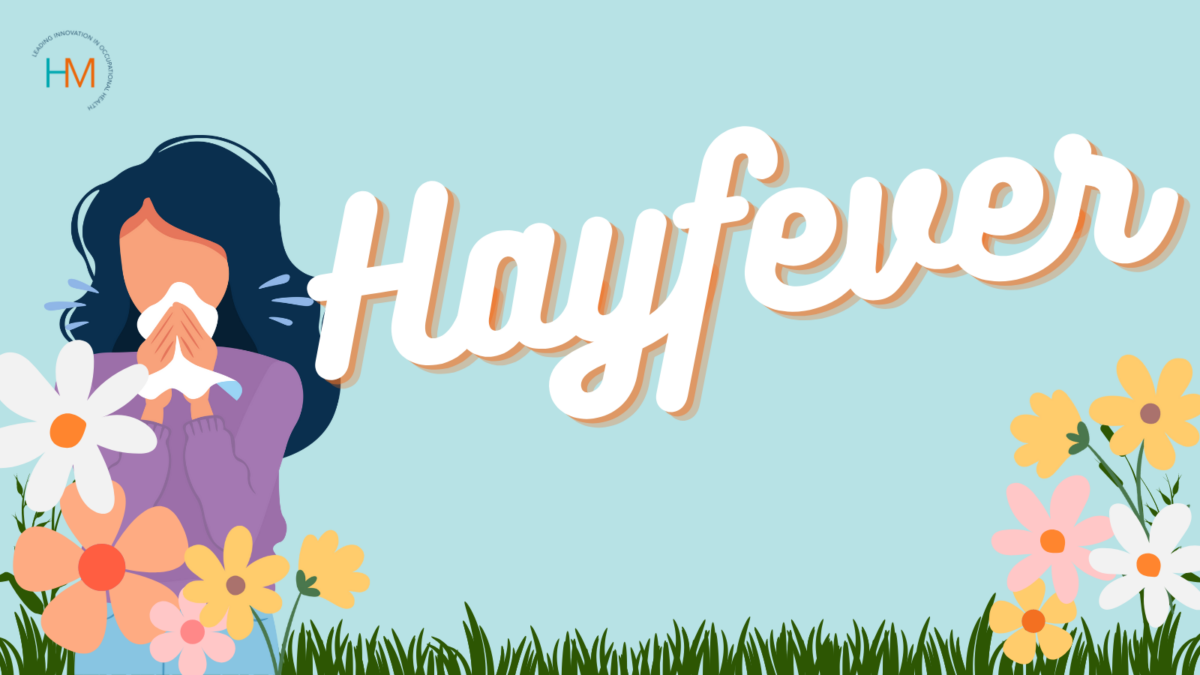Hayfever is an allergic reaction to pollen, whether it be tree, grass or weed pollen. Symptoms include sneezing, a runny nose and itchy eyes. Nose, eyes, throat and sinuses become irritated and inflamed by proteins in the pollen.
There are around 30 different types of pollen that can cause hayfever and when they are affecting you will depend on the time of year. It is also possible to be allergic to more than one type of pollen. Knowing which pollens affect you most and what time of year they are around can help you to prevent or reduce the symptoms you experience.
The majority of hayfever sufferers are allergic to grass pollen, which is common in late spring and early summer. Tree pollen is commonly released in spring and affects approximately 25% of people. Weed pollen can be released any time between early spring to late autumn.
You can also track the pollen count on weather websites and apps which can help you be better prepared for days where the pollen is high and the weather is spreading it. Pollen count is the measure of the number of grains of pollen in one cubic meter of air, hayfever symptoms usually appear when this number is higher than 50. This can be made worse or better by the weather, on humid and windy days pollen is spread around more easily, whereas on rainy days the pollen can be cleared.
There is currently no real cure for hayfever except avoiding it completely, but this is extremely hard if not impossible if you enjoy going out on a spring/summer day.
Ways to to help prevent/reduce symptoms of hayfever:
- Wear wrap around sunglasses to stop pollen getting in your eyes when you are outdoors
- Change your clothes and take a shower after being outdoors to remove the pollen on your body, or at least have a shower before bed to get rid of any pollen or any other triggers that are trapped in skin or hair.
- Wash bedding and clothes regularly to wash away any caught pollens or dust.
- Vacuum regularly.
- Try to stay indoors when the pollen count is high (over 50).
- Antihistamines can help prevent an allergic reaction from happening and help reduce levels of inflammation and swelling.
- Hay fever can be controlled using over-the-counter medication available from your pharmacist.
If your symptoms are more troublesome it’s worth speaking to your GP as you may require prescription medication.






